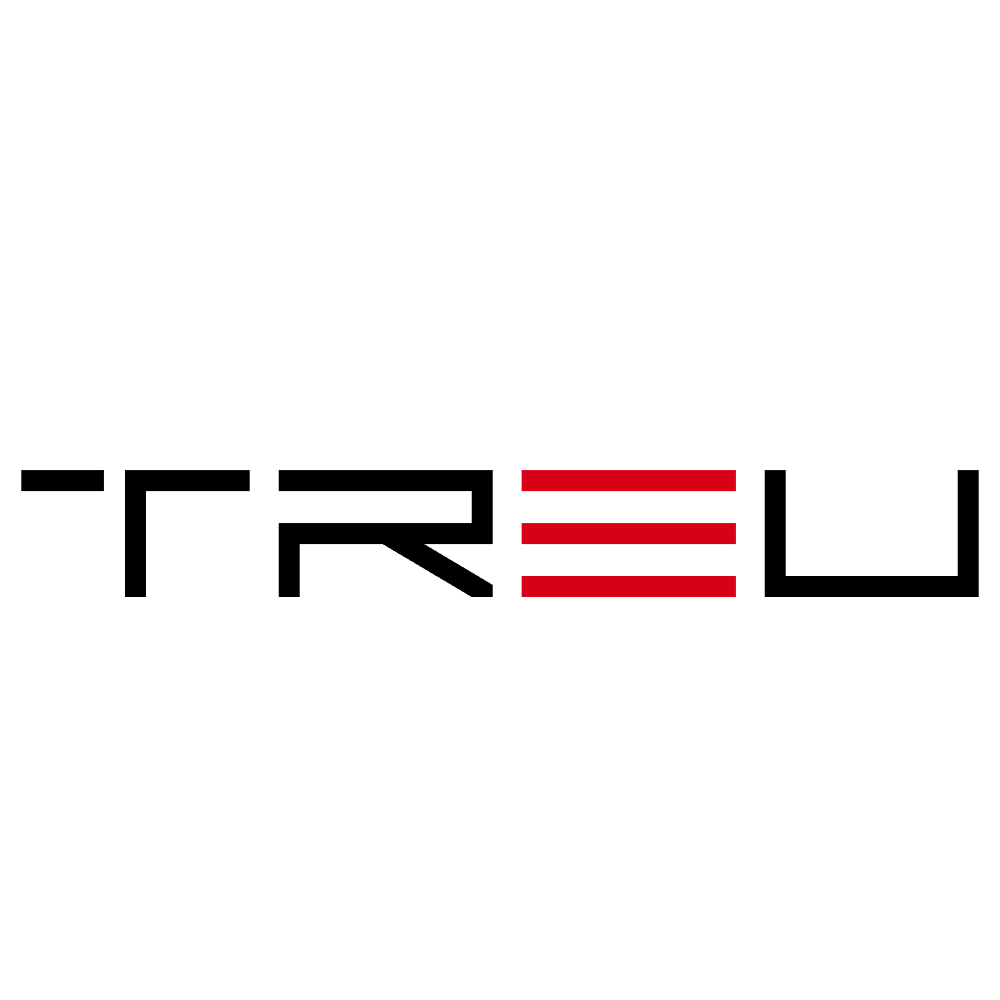Modernizing Nigeria’s Telecom Law for the 5G and AI Era
Introduction: Bridging the Gap Between Legislation and Innovation
Nigeria stands on the brink of a technological revolution. The emergence of 5G networks and Artificial Intelligence (AI) are reshaping global economies, transforming communication, healthcare, transportation, and even governance. Yet, Nigeria’s telecommunications regulatory framework remains tethered to outdated laws that predate today’s digital advancements.
The 1990 Nigerian Communications Act, though amended in 2003, falls short of addressing the complexities of today’s digital economy and emergent technologies. As 5G and AI pave the way for the Fourth Industrial Revolution, Nigeria must modernize its telecom laws to remain competitive, protect its citizens, and attract investment.
Why Nigeria’s Telecom Law Needs an Upgrade
The deployment of 5G and the increasing adoption of AI technologies require more than just infrastructure—they demand a robust, forward-thinking regulatory environment. Several critical areas highlight the need for legal reform:
- Data Privacy and Protection: The explosive growth in data collection and processing through AI and 5G systems poses significant privacy risks.
- Cybersecurity: Advanced tech introduces increased vulnerabilities that current laws fail to adequately address.
- Investment Environment: Unclear and outdated regulations can deter foreign direct investment in next-gen telecom infrastructure.
- Innovation Enablement: Over-regulation or lack of legal clarity can stifle local tech startups and innovators.
- Spectrum Management: Efficient handling and allocation of spectrum is essential for 5G to function optimally—yet current laws are slow and bureaucratic.
The Rise of 5G: A Catalyst for Legislative Change
5G isn’t just another upgrade in wireless technology—it’s a paradigm shift. With speeds up to 100 times faster than 4G and ultra-low latency, 5G opens up possibilities for:
- Autonomous vehicles and drones
- Telemedicine and remote surgeries
- Smart grid automation and smart cities
- Real-time remote collaboration
However, all these applications rely on the legal certainty and policy enabling frameworks that current Nigerian law lacks.
The Regulatory Bottlenecks
Nigeria’s existing legal infrastructure was not built for such scale or complexity. Some shortcomings include:
- Inefficient licensing processes that delay the roll-out of 5G services
- Ambiguities in spectrum allocation leading to disputes and inefficiencies
- Lack of standardized telecom infrastructure policies across federal and state levels
Without reform, Nigeria risks falling behind in the race to become a digital-first economy.
Artificial Intelligence: Navigating the Legal and Ethical Frontiers
Artificial Intelligence (AI) is permeating every sector—from automated customer service to predictive policing. But with this power comes the need for oversight and accountability.
AI’s legal implications are vast: Who is liable when an autonomous vehicle causes a crash? What rights do individuals have regarding algorithm-based discrimination? How can Nigeria ensure transparency in AI decision-making?
Current Legal Framework: Ill-equipped for AI
Nigeria currently lacks AI-specific legislation. While the National Information Technology Development Agency (NITDA) has introduced some guidelines, they are non-binding and largely advisory. Additionally, Nigeria’s Data Protection Regulation (NDPR), while a step in the right direction, falls short of covering the nuanced requirements posed by AI.
Modern Legal Tools for a Digital Economy
To catch up with global tech leaders and harness the benefits of 5G and AI, Nigeria must consider implementing the following legislative pillars:
1. Smart Spectrum and Infrastructure Policies
Modern spectrum management frameworks allow for real-time monitoring, allocation, and trading of radio frequencies—essential for a dynamic 5G landscape. Legislation should empower regulatory bodies like the Nigerian Communications Commission (NCC) to deploy:
- Automated spectrum allocation tools
- Flexible, need-based licensing
- Incentives for tower sharing and unified infrastructure rollout
2. Comprehensive AI Legislation
A national AI law should provide clarity on:
- Data ownership and consent
- Algorithmic transparency
- AI ethics guidelines
- Liability in AI decision-making
- Mandates for human oversight in sensitive AI applications
Creating a legal framework for ethical AI ensures that Nigeria can innovate while building public trust.
3. A Unified Data Protection Law
The NDPR is a temporary fix. Nigeria now needs a comprehensive Data Protection Act aligned with global best practices, such as the EU’s General Data Protection Regulation (GDPR). This will not only protect Nigerian citizens but also boost Nigeria’s competitiveness in international digital trade.
4. Cybersecurity Law Tailored for Emerging Tech
With 5G and AI increasing the attack surface for cyber threats, Nigeria’s Cybercrime Act (2015) requires an overhaul. A future-ready cybersecurity law should:
- Define AI-specific cyber threats
- Create legal mechanisms for coordinated incident response
- Mandate regular audits for telecom and AI service providers
The Economic Stakes
According to research from GSMA, 5G could contribute $2.2 trillion to the global economy by 2034. If Nigeria wants a piece of that pie, it must act fast.
Modernizing telecom laws will:
- Attract higher foreign investment in Nigeria’s digital infrastructure
- Reduce operational costs for telcos through streamlined regulations
- Support digital transformation across sectors—banking, agriculture, education, and more
- Create job opportunities in AI development, IoT deployment, and cloud computing
Way Forward: A Multi-Stakeholder Approach
Reforming Nigeria’s telecom laws should not be the sole responsibility of the government. A collaborative framework involving:
- Policymakers and lawmakers
- Telecom operators
- AI researchers and tech companies
- Civil society organizations
- Consumers
is essential to craft inclusive, effective legislation that reflects the fast-paced changes in the digital landscape.
Conclusion: Seizing the Opportunity
Modernizing Nigeria’s telecommunications law is no longer optional—it’s imperative. As 5G and AI redefine global competitiveness, Nigeria has a unique opportunity to leapfrog outdated infrastructure and become a digital powerhouse in Africa. But this potential can only be realized with the right legal framework in place.
It’s time to align legal systems with innovation. The future has arrived—Nigeria must now legislate accordingly.

